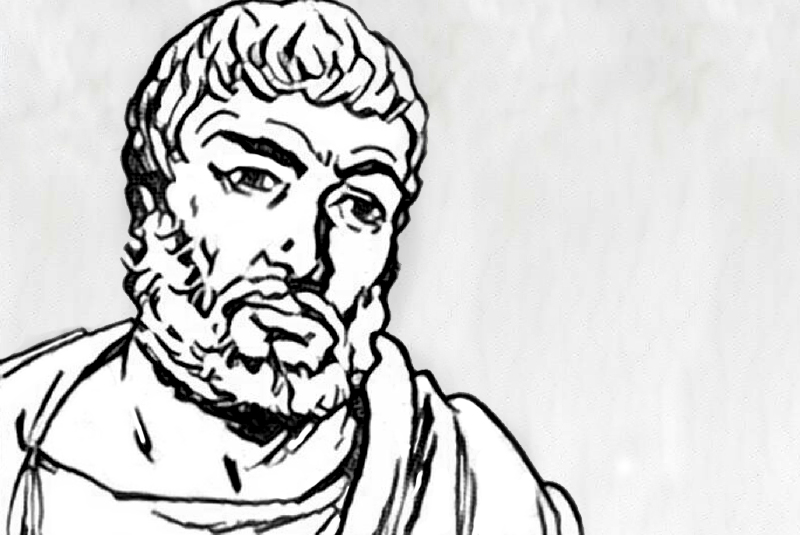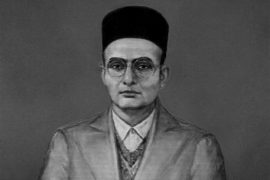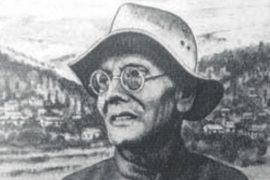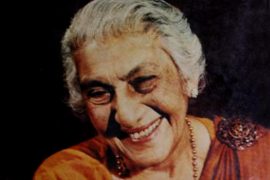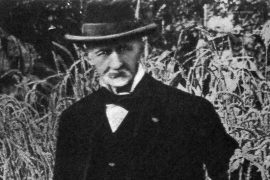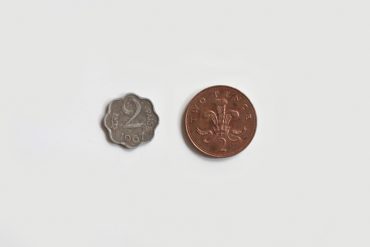2300 years ago, the army of Alexander the Great stopped their campaign at the banks of the river Ganges. Alexander, who had conquered every foe he had encountered, had finally met his match. On the other side of the Ganges lay an even larger army than the one the Greeks had had just fought with tooth and nail. The men refused to fight any longer – and Alexander turned away from any further conquest of India.
Alexander’s successors tried and failed to invade India again. And so, they turned to soft power and diplomacy. A Greek ambassador named Megasthenes was sent to Chandragupta Maurya, who had just defeated Seleucid (one of Alexander’s generals). He stayed for a while in Pataliputra (Patna) and spent a total of four years in India. His account, “Indica” is the oldest known Western description of India and its people.
Megasthenes was an ethnographer, but he may not have known it at the time. The word ethnography is itself Greek – a combination of the words for ‘nation’ and ‘writing’. He wrote ‘Indica’ based on what he saw and heard. His attempt was to explain a new land to the unfamiliar Greeks. To them, India was a land of legend – which they often conflated with Ethiopia. These first accounts from Megasthenes and the men of Alexander’s army would play a vital role in creating a perception of India. And as with Marco Polo, Vasco De Gama and Columbus – the first challenge is to explain where India is.
Copyright©Madras Courier, All Rights Reserved. You may share using our article tools. Please don't cut articles from madrascourier.com and redistribute by email, post to the web, mobile phone or social media.Please send in your feed back and comments to editor@madrascourier.com

